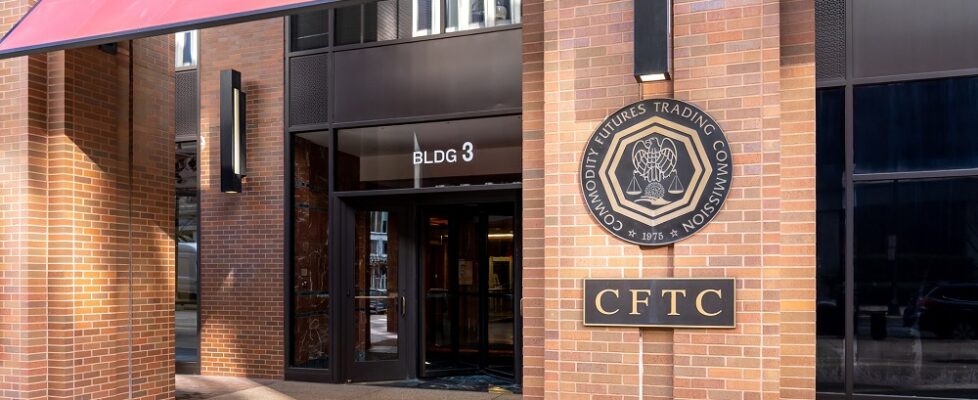CFTC pushes for nearly $5M in penalties against Forex fraudster Casper Mikkelsen
The United States Commodity Futures Trading Commission (CFTC) is pushing for nearly $5 million in sanctions against Forex fraudster Casper Mikkelsen. This becomes clear from a proposed default judgment filed by the regulator on January 22, 2021.
Although, in a rarely unprofessional move by the CFTC, the regulator managed to overshoot the deadline set by the New York Southern District Court to submit a proposed order for default judgment in this case, the Court showed lenience regarding CFTC’s “inadvertent” error and allowed the proposal to be filed later than stipulated. (One cannot help but wonder how many defendants in CFTC cases have ever enjoyed such lenience). In the end, the CFTC has outlined its requests regarding this case.
The regulator has moved the Court to grant final judgment by default against Casper Mikkelsen, order permanent injunctive relief, and impose a restitution obligation and civil monetary penalty.
The CFTC seeks that Casper Mikkelsen pays a civil monetary penalty of $3,573,860.61. The regulator is also pushing for a Court order directing Mikkelsen to pay $1,191,286.87 in restitution to the victims of the fraudulent FX schemes he operated.
In May 2020, the CFTC announced the filing of an enforcement action in the New York Southern District Court, charging Mikkelsen with engaging in an FX fraud scheme and registration violations.
The CFTC complaint alleges that from at least 2015 to the present, Mikkelsen engaged in a fraudulent scheme that solicited funds from at least 101 individuals and entities to invest with a supposed company called GNTFX to trade retail leveraged or margined Forex. Mikkelsen misappropriated at least some clients’ funds.
As alleged, most clients deposited their funds into bank accounts in the U.S., while others deposited their funds into an overseas account and/or with an American e-commerce company for the purpose of trading forex. Client funds were withdrawn from the U.S. bank accounts by Mikkelsen through his debit card, as well as transferred from the U.S. bank accounts to an overseas bank, and from there to a Bitcoin address for Mikkelsen’s benefit. Mikkelsen then used the money to pay certain clients purported forex trading profits as is typical in a Ponzi scheme.
The complaint also alleges that Mikkelsen was required to register as a commodity trading advisor but failed to do so.






Anonymous
January 24, 2021 @ 7:40 pm
5